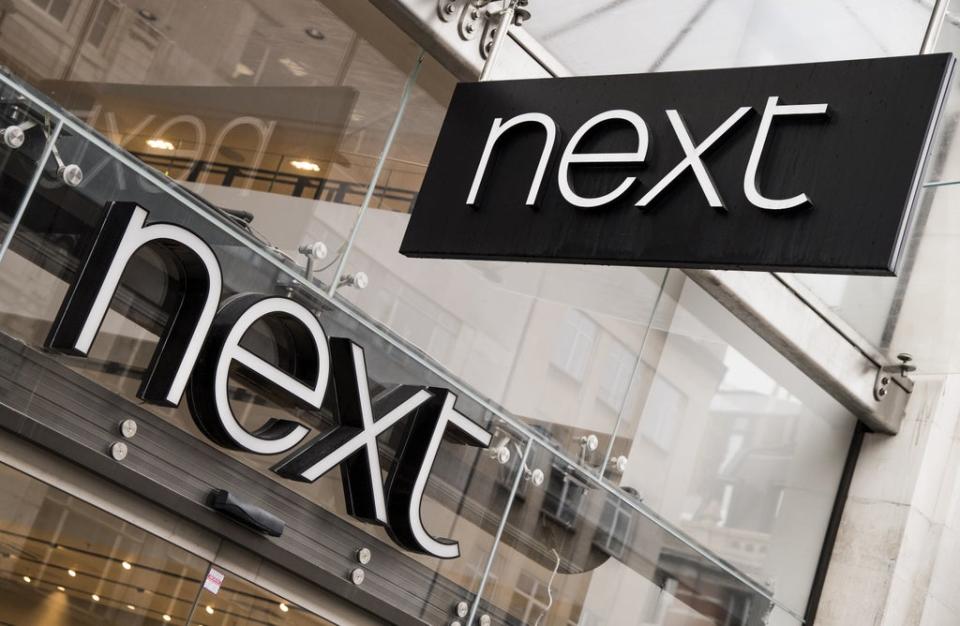Next boss Simon Wolfson warns on inflation and labour shortages

NEXT boss Simon Wolfson today warned of “chronic labour shortages” and called on the government to reform the laws that make building new homes so difficult.
As he reported a 10% rise in profits to £823 million compared to the pre-pandemic year of 2019, Lord Wolfson renewed his attack on immigration policies.
One day after the widely criticised Spring statement that has led to predictions of the largest drop in living standards since the 1950s, the prominent retailer said:
“We applaud the efforts the Chancellor has made to help out those most in need. But we are disappointed that the wider Government has done little or nothing within its powers to increase the underlying supply of goods, energy and skilled workers. It is important to recognise that Government interventions to ‘pay for’ inflationary increases does nothing to increase the underlying supply of goods and services.”
As a Tory supporter and Brexiteer, his words will sound curious to some.
Wolfson told the Standard: “Brexit was a decision about Britain’s independence. It was not about isolation. We can have an independent and open society. It is not Brexit that is affecting the cost of goods coming into the country.”
Total sales are with a whisker of £5 billion a year, though they will be £85 million lower than they otherwise would be next year due to the closure of websites in Ukraine and Russia.
On that war, he said: “In the middle of any crisis, it seems the worst ever. But if we take the right actions, we will get through.” Next can take some actions to mitigate against inflation, but prices are still bound to rise, by 8% this autumn, he warned.
He called on the government to “reverse the self-defeating barriers it has placed on overseas workers supporting our economy and accelerate, simplify and reform the planning process to increase the supply of desperately needed housing”.
Next shares rose 191p to 6192p – they are up from 4130p five years ago.
The company is likely to close around 140 stores over the next 15 years as shopping habits change, but as an early web adopter it is well placed to succeed. Wolfson said the company has been “fortunate” to do so well during lockdown.
On the shift to internet shopping, Next said: “Consumers in even the remotest parts of the UK can enjoy a choice of products that would put to shame the very best of the world’s high streets in the early 2000s.”
Steve Clayton at Hargreaves Lansdown said:
“The business is performing strongly in unusual circumstances. Demand is holding up well, with the stores trading ahead of expectations, although some of this is a function of pulling business back from the website, post lockdowns. Having previously sold well online in Russia, there is an obvious hit that has to be taken, but the business is more than strong enough to cope.”

 Yahoo News
Yahoo News 